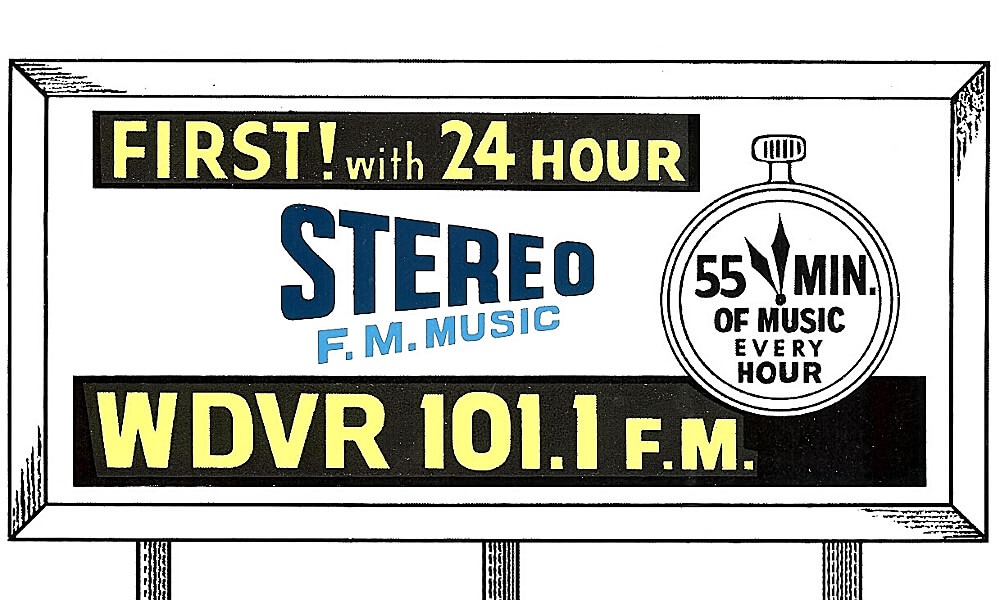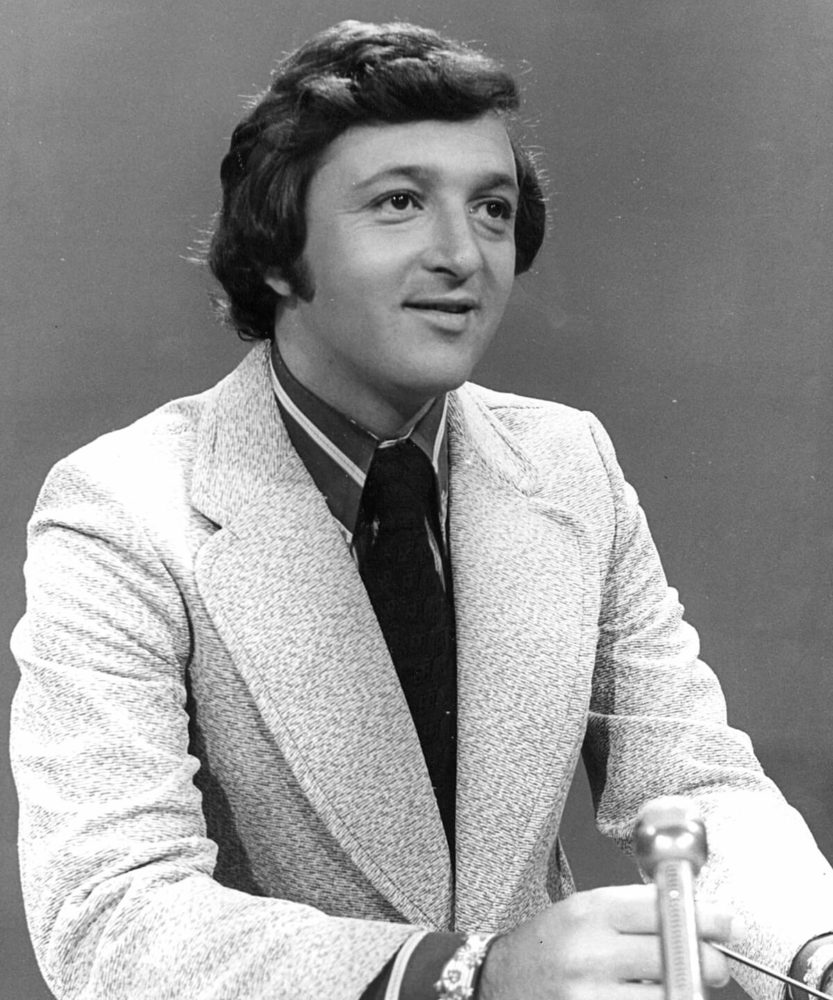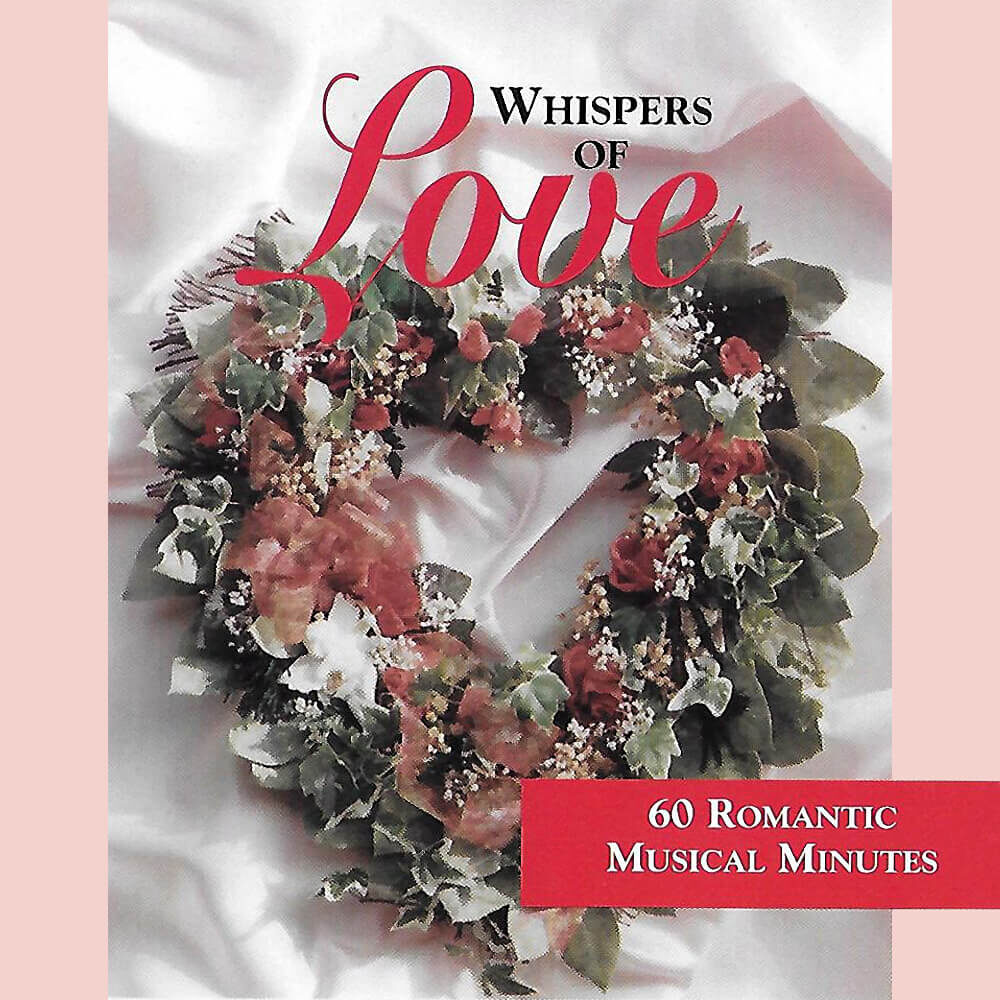Recently, I received a “from the heart” communiqué from a WDVR staff member who joined us fairly early in the station’s life, details of which he’ll cover below. So, as I think you’ll find it interesting, I’m going to share his entire “book report” with you.
If your television viewing over the past half-century was at all connected to Philadelphia’s TV stations, you’ll recognize his name … Mike Strug. If not, you’ll enjoy the details about his successful broadcast industry career …
“This may count as my first book report since 12th grade. I’m sorry to say that I had misplaced your book and only rediscovered it last week. I read it over the last few days. What memories it brought back and what unknown facts (at least to me) that it revealed about Marlin Taylor and the radio industry.
First, there were the names … Joaquin Bowman, Jerry Del Colliano and Dave Shayer. We were kids. I was in my senior year at Temple University.
And the memories …
How about the fact that the day after I was hired, JFK was assassinated? I was at school and grabbed wire copy from the UPI printer at WRTI, Temple’s radio station. I brought the copy with me to work that afternoon. I don’t think I was supposed to read news on the air until I had a few days of experience, but I brought the copy and you let me read it. So, not counting my airtime on ‘RTI, that was my first time on the air on a commercial station. How’s that for a memory?
And when I tell that story, I usually note that WDVR didn’t have a wire machine. We got our news by listening to WIP-AM, back then a middle-of-the-road music station with a pretty good news department. We’d listen to their newscasts and rewrite it as our own. (Don’t tell anyone.)
Here’s another moment … I can remember sitting at the console spinning records and having Dave Kurtz (WDVR’s owner) behind me doing something or other with the transmitter. For the record, when I later worked at WFIL, I don’t recall Walter Annenberg handling any of the technical chores.
And now let’s take a look at you … at Marlin Taylor. Over the years, I was always impressed by the fact that you had gone on the air with WDVR in the spring of 1963 and by November, when I was hired, it had cracked into the Top-10 in ratings … as I recall, it was the first FM station to do that.
But, reading your book gave me an insight and appreciation for how you did it. As you note, my career took a significant turn as I left music behind for news. And, the reality is that music was not my “thing.” While I DJ’d for a couple of years after leaving ‘DVR, I really didn’t belong there. But you sure did.
And reading about your journey makes me marvel. Music is clearly your “thing.” So, from my “non-musical” point of view your instinct, knowledge and understanding of the music was almost magical. And then your ability to use that magic power to build audiences not just in the Philadelphia market, but eventually in your career, across the country. That was truly special. And yes, I understand and appreciate that you give credit to Jerry Lee as an important part of the success in Philly.
Another memory: I can still picture the paper grid that was attached to every album that listed each song by tempo … slow, medium slow, medium, etc. And as we played an album we would note which cut we played. Until I read the book, I had never thought about how much work must have gone into that grid and there was one on each of the hundreds of albums we played. How you decided what to play, who to play, how much to play and the order in which it had to be played … it is truly magical to me.
Unquestionably, you are the father of Beautiful Music.
One final thought, a personal one. I never imagined I would have a career in broadcasting. In fact, I’ve often stolen a line from John Rawlings, a longtime Action News reporter. We were sitting in a courtroom waiting for a trial to begin one day when he said to me. “I happen to have stumbled into a career that exactly fits my attention span.” Me too! And John and I agreed we were very lucky to have stumbled into those careers. But your career seems to have gone a step beyond lucky, into a dream world.

Every once in a while, I have lunch with a few of my Temple classmates. Among them is Merrill Reese, the voice of the Philadelphia Eagles since 1977. And it was at lunch earlier this week that Merrill happened to be talking about the fact that he had wanted to be a play-by-play sports announcer since he was a little kid. He’s getting to do that … to live out his childhood dream.
And from reading your book, it’s clear that you too have lived your childhood dream. It doesn’t get much better than that, does it? And let me suggest that while you were living out that dream, you were providing millions of listeners with the kind of music they wanted to hear … perhaps the kind of music that they might have “dreamed” would be coming out of their radios.
Congratulations on a fascinating book and a wonderful career.
Mike
P.S. If I didn’t say it to you more than 50-years ago … thanks for giving me my first job and starting me on the career that exactly fit my attention span.”
While his career in commercial broadcasting began at WDVR as an announcer/operator, native Philadelphian Mike Strug would create his broadcast legacy in Philadelphia television news, where he’d be a familiar face for more than 40 years. And, those years would be divided almost equally between the market’s three major network stations, primarily serving as a field reporter and producer. Along the way, his work earned him three Emmys as well as awards from the Philadelphia Press Association and the Pennsylvania Associated Press Broadcasters Association.
As for the three young students Mike mentioned who were WDVR announcer/operators, Jerry Del Colliano went on to become a successful radio station program director, publisher of an industry newsletter and today is a blogger and a professor at New York University. Sadly, both Joaquin Bowman, who was Vice-President of Public Relations for SEPTA, the Philadelphia regional transit system, for many years and Dave Shayer passed away a couple of years ago at too young of an age.
Both Mike and I are proud to have been inducted into the Broadcast Pioneers of Philadelphia Hall of Fame, as Dave Shayer was recently as well.




